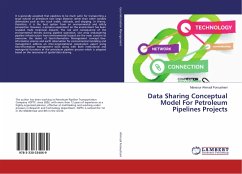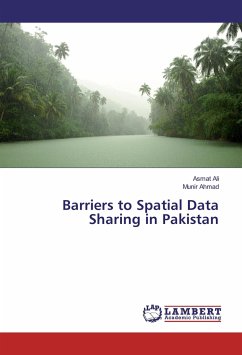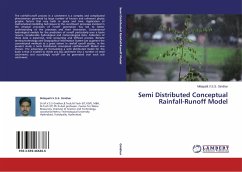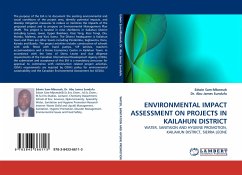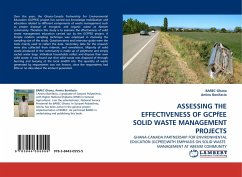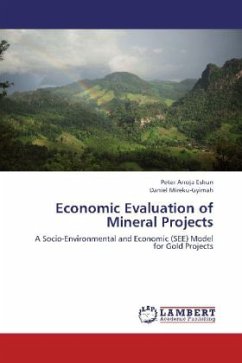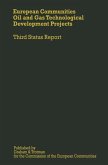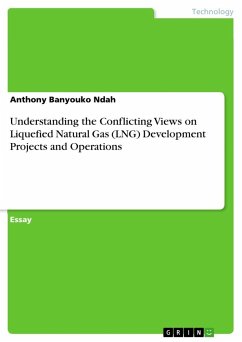It is generally accepted that pipelines to be much safer for transporting a large volume of petroleum over large distance rather than other variable alternatives such as the truck trailer, railroads, and shipping. In theory, therefore, it is the best option from an environmental and safety perspective. However, a previous experiment on the environment has been revealed multi reciprocal impacts. The risk and consequence of the environmental threats during pipeline operation, vice versa endangering pipeline infrastructure from environmental hazard are the main concern to overcome the desire of Geo-Information Management concept. Geo-information science and earth observation for environmental modeling and management address an inter-organizational cooperation aspect using Geo-Information management tools along with both institutional and managerial functions at the petroleum pipeline process which is adopted based on the taxonomy of spatial data sharing.
Bitte wählen Sie Ihr Anliegen aus.
Rechnungen
Retourenschein anfordern
Bestellstatus
Storno

